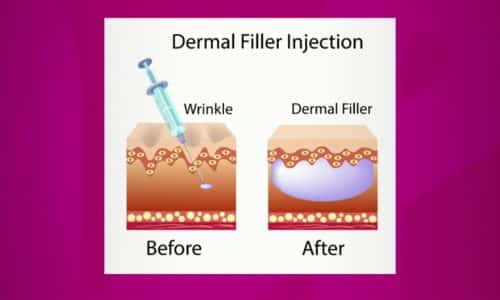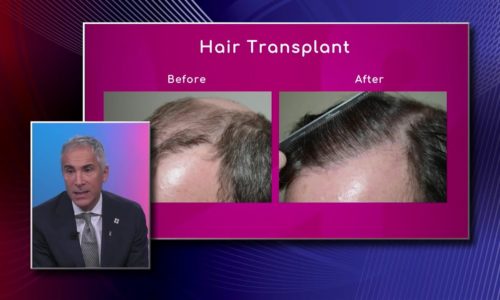Plastic Surgery Complications |
Hematoma, nerve damage, infection, deep vein thrombosis and pulmonary embolism, scarring, general appearance dissatisfaction, organ damage, anesthesia complications, seroma and blood loss are the most common complications of plastic surgery.
However, beyond those complications, the false expectations that can be created about how the result of plastic surgery will be, it is the most frequent complication that Dr. Ricardo Castrellon, Medical Director of the Burn Center at South Miami Hospital, gets.
“Sometimes patients present dissatisfaction and you have a discussion with them about their real expectations,” he says.
Transcript
Out of these other items that you see here, these 10 issues you see, which one would you say most people are not aware of, things they don’t even think about that happened before they have plastic surgery? i think one of the things is patients a lot of times. I’m not sure he should be considered a complication, but false expectations and the results you can have. Sometimes patients have an understanding of what they want and sometimes it is not realistic that can be delivered. Sometimes i feel the patients feel you can do everything, like you are god. Depending on your body, your weight, your height, there are things you cannot modify just by doing cosmetic surgery. Sometimes the patient is presented with some dissatisfaction if you have not had a discussion with them of what real expectations should be with surgery. Which is something we will touch on later. Let me go back to number nine. Everything here seems to be you would understand a lot of this. what is this? fluid acumen elation that forms. You tend to see that when you have level section or abdominoplasty where you remove tissue and you left this virtual cavity that can accumulate fluid. Eventually, presents as a bolting bulginess. Sometimes they feel a fluid wave.








